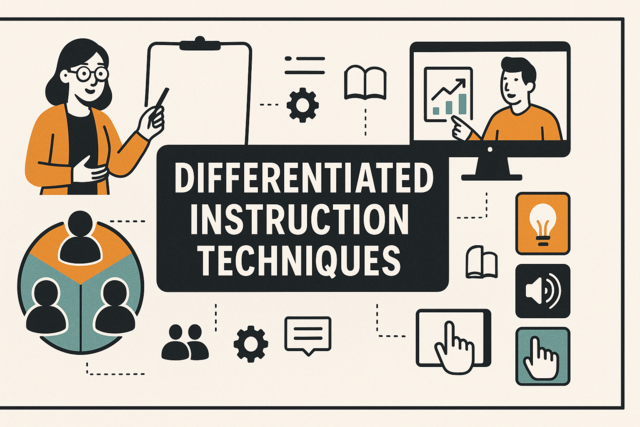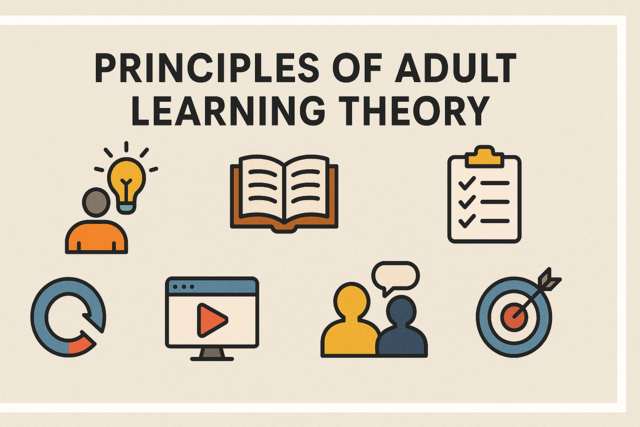Online Class: Building Resilience in Students

no certificate
with CEU Certificate*
-
15Lessons
-
22Exams &
Assignments -
3Hours
average time -
0.3CEUs
Course Description
Course Title: Building Resilience in Students
Course Description:
Step into a transformative journey with "Building Resilience in Students," a course meticulously designed to not only equip educators and parents with vital knowledge but to fundamentally alter your understanding of resilience in education. Picture a world where adversity turns into an opportunity for growth, where challenges become stepping stones toward remarkable academic and personal success. This course is your gateway into creating that world, a world where the phrase "I can't" is reimagined as "I can learn how."
Imagine a classroom or household bustling not with stress, but with the electric energy of potential and innovation. The cornerstone of such an environment is resilience—the ability to not just withstand the storms of life but to emerge stronger each time. With this course, you are embarking on a quest to help build that cornerstone for students, mentoring them to become resilient, independent thinkers prepared to navigate the complexities of modern life.
Engaging deeply with real-world challenges, this course leads you through a narrative rich in insights from cognitive, behavioral, and socio-cultural theories. It's not merely academic; it is life-changing. Picture yourself understanding the nuances of digital distractions and turning technological pressure into a source of learning and empowerment for students. Through nuanced modules on emotional intelligence and problem-solving, you will master the art of guiding students toward embracing challenges as pivotal growth moments rather than obstacles.
You'll discover the profound impact of environment and community on student resilience. As you dive into this transformative experience, you will learn how to cultivate spaces that are not just conducive to learning but are also sanctuaries of support and collaboration, grounded in a growth mindset. Feel the thrill of seeing theoretical concepts come to life through practical applications that nurture grit, perseverance, and compassion in students.
This isn't just a set of lessons; it's a blueprint for your mission as an educator or parent. Envision yourself harnessing mindfulness practices and inspiring proactive self-care in students, equipping them to face academic pressures with a clear, focused mind. Witness firsthand the shift in students as they transform anxiety into action and stress into strength, spurred by your newfound strategies and insights.
The journey continues with the mastery of emotional intelligence, empowering you to foster empathetic leaders of tomorrow. You won't just study these theories; you'll internalize them, transforming your practice and interactions into sources of relentless support and inspiration. The work you do here will resonate beyond the classroom, leaving a lasting legacy on each student's character and outlook.
But what truly sets "Building Resilience in Students" apart is its holistic approach that celebrates diversity and inclusivity. Each lesson is an invitation to create learning experiences that respect and reflect the diverse backgrounds and unique learning styles of every student. You will cultivate empathy and understanding within digital and physical classrooms, leading to a profound sense of belonging and security necessary for academic and emotional flourishing.
Ultimately, this course is not just an addition to your educational toolkit—it is an imperative evolution. It demands a reflection on past methodologies and inspires the adoption of innovative practices that redefine resilience. As you journey through, you'll emerge not only as an advocate for student growth but as a beacon of change in your educational community.
So, are you ready to make a difference that echoes far beyond the classroom walls? Enroll in "Building Resilience in Students" today and join a community of luminaries committed to empowering the next generation. Let's turn potential into reality and drive success stories that resonate long after the last bell rings. Your journey to transformative change and unparalleled educational success starts here.
- Completely Online
- Self-Paced
- 6 Months to Complete
- 24/7 Availability
- Start Anytime
- PC & Mac Compatible
- Android & iOS Friendly
- Accredited CEUs

Course Lessons
Lesson 1. The Role of Environment in Cultivating Student Resilience
Resilience is an indispensable component of education, providing students with the capacity to overcome adversities and thrive through a multi-faceted understanding rooted in cognitive, behavioral, and socio-cultural theories. Schools and families play crucial roles in nurturing this trait by creating supportive environments that encourage a growth mindset and collective learning experiences.Lesson 2. From Stress to Strength: Understanding and Mitigating Student Challenges
Technological distractions pose a unique stress challenge, where digital literacy and self-regulation become crucial skills. Limiting social media use and enhancing learning through technology demonstrates a proactive approach to digital stress.Lesson 3. From Fixed Views to Growth Perspectives: Educating for Lifelong Learning
The distinction between fixed and growth mindsets has become crucial in educational discussions, with a growth mindset emphasizing the development of talents through effort and perseverance. Encouraging students to embrace challenges fosters resilience and transforms obstacles into learning opportunities.Lesson 4. Emotional Intelligence in Education: Building Resilient Students
With a focus on emotional intelligence in education, students develop critical skills for understanding and managing emotions, leading to improved academic and personal outcomes. The integration of EI with traditional curriculums enhances students' resilience and readiness for future professional environments.Lesson 5. Harnessing Community Resources for Academic Success
Understanding social support's role in resilience is essential for student success, transforming challenges into opportunities for growth. Emotional, instrumental, informational, and appraisal support provide the framework needed for students to thrive academically and personally.Lesson 6. Transformative Mindfulness Practices
Mindfulness promotes emotional regulation and physical health in students, sharpening focus and fortifying resilience against academic and social stressors. Incorporating these practices into daily routines aligns with improved concentration, fewer stress-related health issues, and enhanced interpersonal relationships.Lesson 7. Enhancing Student Resilience Through Problem-Solving
By integrating problem-solving frameworks into learning, educators enhance students' critical thinking and resilience, equipping them with tools to face life's complexities with confidence. Encouraging students to explore solutions creatively and adaptively fosters a mindset where challenges become opportunities, reinforcing personal development and future success across multiple domains.Lesson 8. From Transitions to Triumphs: Building Student Resilience
A growth mindset is vital for student resilience, allowing them to view challenges positively and learn from failures, thus improving their academic and personal success. Educators can nurture this mindset by providing constructive feedback and promoting collaborative, growth-oriented learning environments.Lesson 9. Self-Care: The Key to Thriving in Academia
Crafting a customized self-care plan involves deep reflection on personal needs, like cultivating a consistent sleep routine, which transforms well-being and sharpens focus for academic success. Students who integrate relaxation and social connections into daily life experience greater happiness and reduced psychological distress, reinforcing resilience against academic pressure.Lesson 10. SMART Goals: The Blueprint for Resilience
A growth mindset, pivotal for resiliency, embraces the idea that abilities can improve with effort, motivating students to see challenges as learning opportunities. Through structured goal-setting, students bolster self-confidence, navigating adversity and building skills necessary for future successes.Lesson 11. Shaping Positive Minds
A growth mindset, emphasizing learning through effort, enables students to see challenges as growth opportunities, supported by influential research on academic and personal development. Encouraging curiosity and effort over innate talent, both in school and at home, fosters resilience and lifelong learning.Lesson 12. Mastering EI: A Journey towards Empathetic Leadership
Understanding emotional intelligence transforms communication, promoting self-regulation, empathy, and intrinsic motivation among students, which leads to enhanced resilience and success. By mastering skills such as active listening and effective use of non-verbal signals, students secure a robust foundation for academic and personal achievement.Lesson 13. The Art of Prioritization: Thriving in Education and Beyond
Prioritization skills, like the Eisenhower Matrix, equip students to distinguish between urgency and importance, enhancing clarity and decision-making. This strategic foresight ensures smart resource allocation, minimizing stress while nurturing resilience.Lesson 14. Mastering the Mind: Resilience through Understanding Failure
Encouraging emotional regulation through mindfulness and supportive networks helps individuals turn past failures into future successes. This psychological journey involves reframing failure from a negative event into a constant driver of personal development.Lesson 15. Building Resilient Minds Through Trust and Empathy
Inclusive physical and digital classroom spaces symbolically & practically reinforce diversity and acceptance. Flexible designs cater to varied learning styles, ensuring that students feel respected and understood, vital for emotional safety and broader academic growth.
Learning Outcomes
- Define resilience by identifying its key components, using Urie Bronfenbrenner's ecological systems theory and related theoretical frameworks.
- Demonstrate effective coping strategies informed by Richard Lazarus and Susan Folkman's transactional model of stress and coping to enhance student resilience.
- Demonstrate effective time management strategies to alleviate stress in academic settings.
- Define the common academic stressors and their impact on students' well-being.
- Demonstrate strategies to foster a growth mindset in students, focusing on the role of neuroplasticity and constructive feedback.
- Identify and contrast fixed and growth mindsets in educational contexts by providing specific examples.
- Demonstrate the application of emotional intelligence techniques such as self-regulation and empathy in real-life school scenarios to foster resilience and interpersonal effectiveness.
- Identify and describe the five components of emotional intelligence and their impact on personal and academic resilience.
- Define the four types of social support and provide examples of each in a student's academic context.
- Demonstrate an understanding of the impact of social support on resilience by analyzing a real-world scenario involving a student.
- Demonstrate the practice of mindful breathing and explain its benefits in reducing anxiety and enhancing focus among students.
- Define mindfulness and describe its role in enhancing student resilience by improving stress management, emotional regulation, and academic performance.
- Recognize and clearly define a problem by distinguishing between symptoms and root causes, enhancing analytical skills and fostering a growth mindset.
- Demonstrate mastery of lesson content at levels of 70% or higher.
Additional Course Information

- Document Your Lifelong Learning Achievements
- Earn an Official Certificate Documenting Course Hours and CEUs
- Verify Your Certificate with a Unique Serial Number Online
- View and Share Your Certificate Online or Download/Print as PDF
- Display Your Certificate on Your Resume and Promote Your Achievements Using Social Media

Choose Your Subscription Plan
No Certificate / No CEUs
This course only
| Includes certificate | X |
| Includes CEUs | X |
| Self-paced |

|
| Instructor support |

|
| Time to complete | 6 months |
| No. of courses | 1 course |
Certificate & CEUs
This course only
| Includes certificate |

|
| Includes CEUs |

|
| Self-paced |

|
| Instructor support |

|
| Time to complete | 6 months |
| No. of courses | 1 course |
Certificates & CEUs
Includes all 600+ courses
| Includes certificate |

|
| Includes CEUs |

|
| Self-paced |

|
| Instructor support |

|
| Time to complete | 12 Months |
| No. of courses | 600+ |
Certificates & CEUs
Includes all 600+ courses
| Includes certificate |

|
| Includes CEUs |

|
| Self-paced |

|
| Instructor support |

|
| Time to complete | 24 Months |
| No. of courses | 600+ |
Related Courses
-
 3 hours
0.3 CEUs
Social Media Content Creation
+ More Info
3 hours
0.3 CEUs
Social Media Content Creation
+ More Info
-
 4 hours
0.4 CEUs
Career Development and Planning
+ More Info
4 hours
0.4 CEUs
Career Development and Planning
+ More Info
-
 6 hours
0.6 CEUs
Numerology and Life Path Analysis
+ More Info
6 hours
0.6 CEUs
Numerology and Life Path Analysis
+ More Info
-
 5 hours
0.5 CEUs
The Art of Listening: Creating Understanding in Relationships
+ More Info
5 hours
0.5 CEUs
The Art of Listening: Creating Understanding in Relationships
+ More Info
-
 6 hours
0.6 CEUs
Redefining Romance: Finding Love Beyond the Fairytale
+ More Info
6 hours
0.6 CEUs
Redefining Romance: Finding Love Beyond the Fairytale
+ More Info
-
 5 hours
0.5 CEUs
Promoting Social Skills in Special Education
+ More Info
5 hours
0.5 CEUs
Promoting Social Skills in Special Education
+ More Info
-
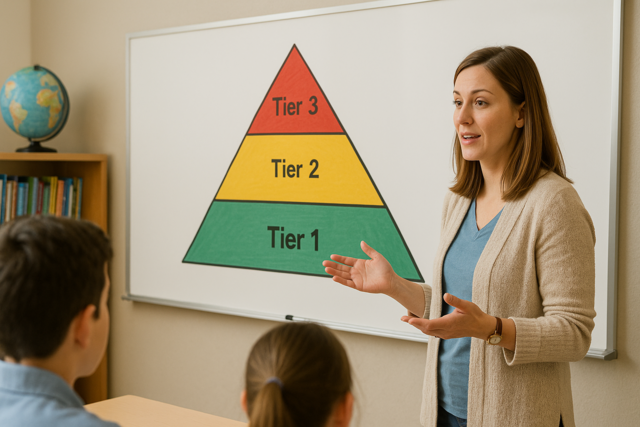 5 hours
0.5 CEUs
Implementing RTI Models in Schools
+ More Info
5 hours
0.5 CEUs
Implementing RTI Models in Schools
+ More Info
-
 4 hours
0.4 CEUs
Creating a Culture of Collaboration
+ More Info
4 hours
0.4 CEUs
Creating a Culture of Collaboration
+ More Info
-
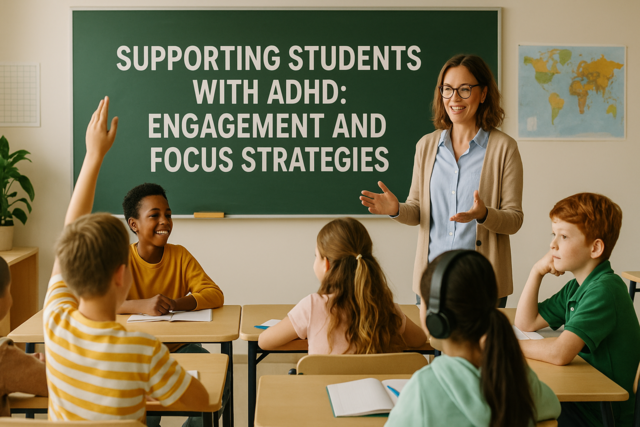 4 hours
0.4 CEUs
Supporting Students with ADHD: Engagement and Focus Strategies
+ More Info
4 hours
0.4 CEUs
Supporting Students with ADHD: Engagement and Focus Strategies
+ More Info
-
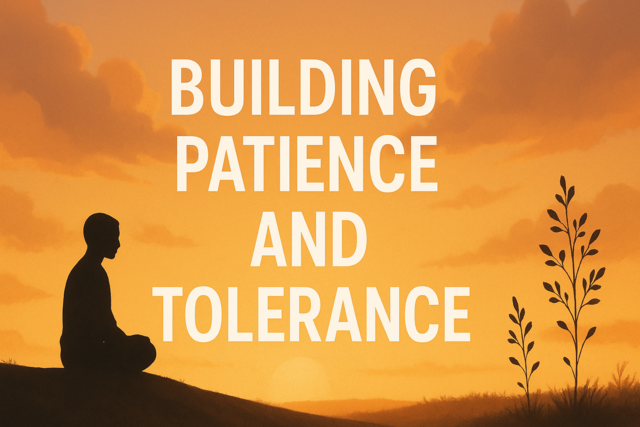 7 hours
0.7 CEUs
Building Patience and Tolerance
+ More Info
7 hours
0.7 CEUs
Building Patience and Tolerance
+ More Info
-
 4 hours
0.4 CEUs
Familial Fortitude: Strengthening Bonds from Within
+ More Info
4 hours
0.4 CEUs
Familial Fortitude: Strengthening Bonds from Within
+ More Info
-
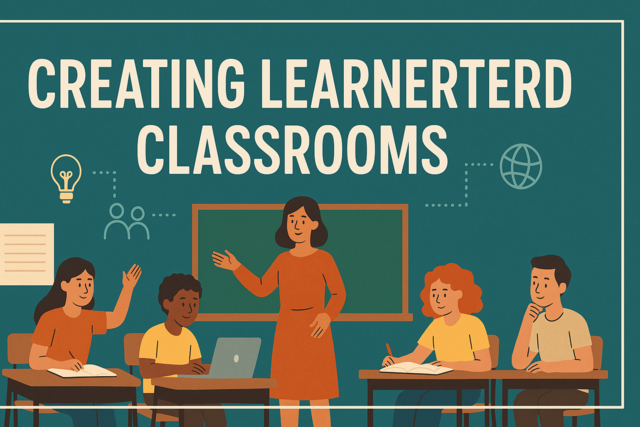 6 hours
0.6 CEUs
Creating Learner-Centered Classrooms
+ More Info
6 hours
0.6 CEUs
Creating Learner-Centered Classrooms
+ More Info
-
 7 hours
0.7 CEUs
Civic Education and Engagement
+ More Info
7 hours
0.7 CEUs
Civic Education and Engagement
+ More Info
-
 3 hours
0.3 CEUs
Effective Literacy Instruction in Early Education
+ More Info
3 hours
0.3 CEUs
Effective Literacy Instruction in Early Education
+ More Info
-
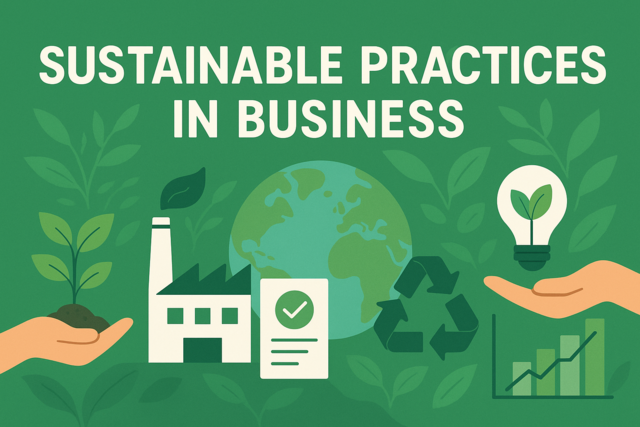 6 hours
0.6 CEUs
Sustainable Practices in Business
+ More Info
6 hours
0.6 CEUs
Sustainable Practices in Business
+ More Info
-
 7 hours
0.7 CEUs
Blended Learning Models in Schools
+ More Info
7 hours
0.7 CEUs
Blended Learning Models in Schools
+ More Info
-
 7 hours
0.7 CEUs
Adapting to Change in a Fast-Paced World
+ More Info
7 hours
0.7 CEUs
Adapting to Change in a Fast-Paced World
+ More Info
-
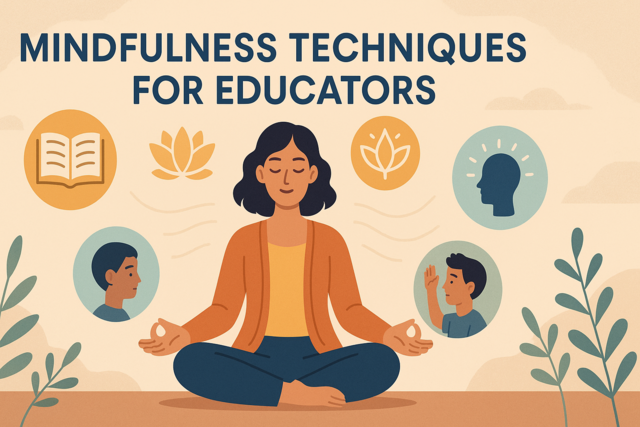 5 hours
0.5 CEUs
Mindfulness Techniques for Educators
+ More Info
5 hours
0.5 CEUs
Mindfulness Techniques for Educators
+ More Info
-
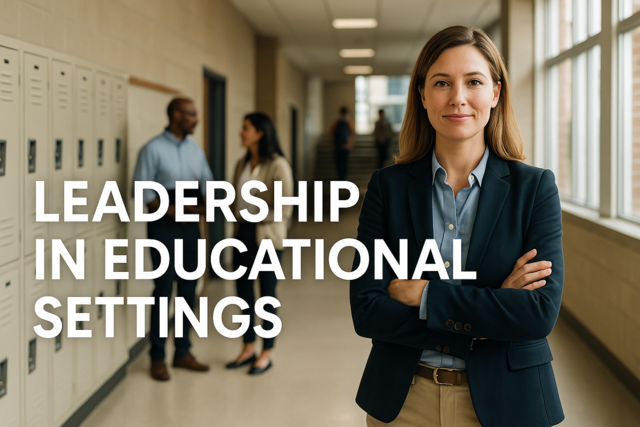 7 hours
0.7 CEUs
Leadership in Educational Settings
+ More Info
7 hours
0.7 CEUs
Leadership in Educational Settings
+ More Info
-
 3 hours
0.3 CEUs
Understanding Autism Spectrum Disorders in the Classroom
+ More Info
3 hours
0.3 CEUs
Understanding Autism Spectrum Disorders in the Classroom
+ More Info
-
 4 hours
0.4 CEUs
Enhancing Student Engagement and Motivation
+ More Info
4 hours
0.4 CEUs
Enhancing Student Engagement and Motivation
+ More Info
-
 7 hours
0.7 CEUs
Haute Couture Chronicles: Inside the World of Luxury Brands
+ More Info
7 hours
0.7 CEUs
Haute Couture Chronicles: Inside the World of Luxury Brands
+ More Info
-
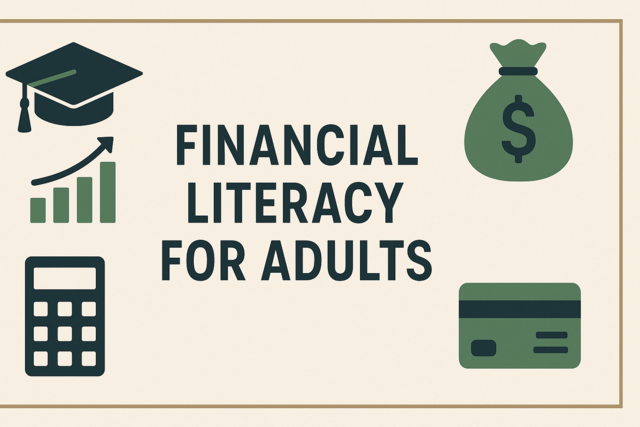 3 hours
0.3 CEUs
Financial Literacy for Adults
+ More Info
3 hours
0.3 CEUs
Financial Literacy for Adults
+ More Info
-
 7 hours
0.7 CEUs
Introduction to Cryptocurrency and Blockchain
+ More Info
7 hours
0.7 CEUs
Introduction to Cryptocurrency and Blockchain
+ More Info
-
 6 hours
0.6 CEUs
Mysterious Forces in the Cosmos
+ More Info
6 hours
0.6 CEUs
Mysterious Forces in the Cosmos
+ More Info
-
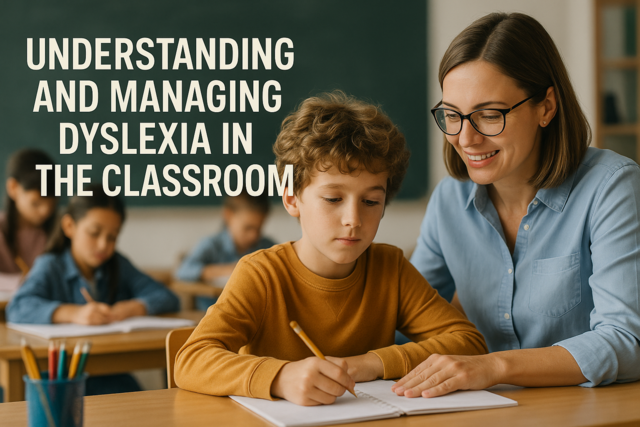 4 hours
0.4 CEUs
Understanding and Managing Dyslexia in the Classroom
+ More Info
4 hours
0.4 CEUs
Understanding and Managing Dyslexia in the Classroom
+ More Info
-
 6 hours
0.6 CEUs
The New Chic: Redefining Urban Elegance
+ More Info
6 hours
0.6 CEUs
The New Chic: Redefining Urban Elegance
+ More Info
-
 3 hours
0.3 CEUs
Transcend Trends: Creating Your Signature Look
+ More Info
3 hours
0.3 CEUs
Transcend Trends: Creating Your Signature Look
+ More Info
-
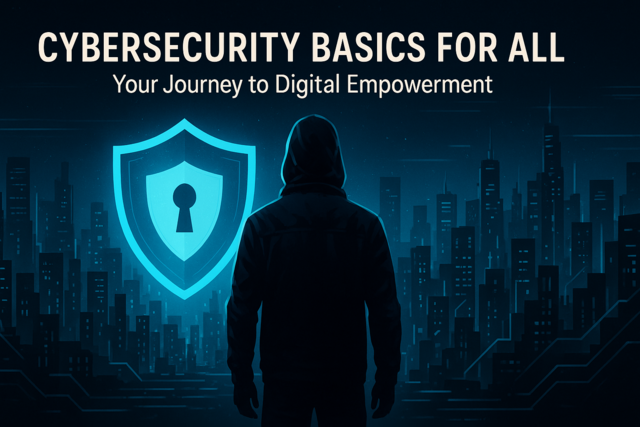 3 hours
0.3 CEUs
Cybersecurity Basics for All
+ More Info
3 hours
0.3 CEUs
Cybersecurity Basics for All
+ More Info
-
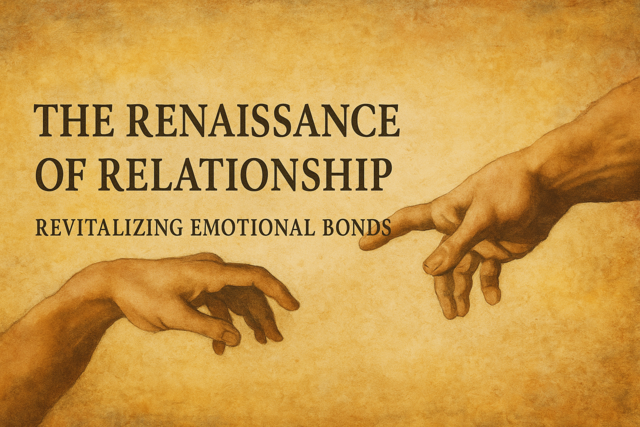 7 hours
0.7 CEUs
The Renaissance of Relationship: Revitalizing Emotional Bonds
+ More Info
7 hours
0.7 CEUs
The Renaissance of Relationship: Revitalizing Emotional Bonds
+ More Info
-
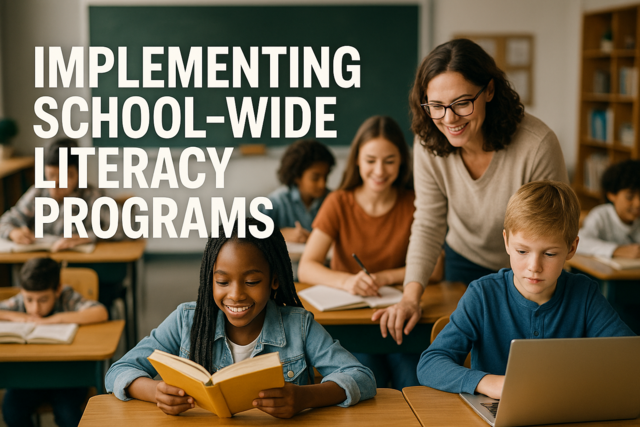 5 hours
0.5 CEUs
Implementing School-Wide Literacy Programs
+ More Info
5 hours
0.5 CEUs
Implementing School-Wide Literacy Programs
+ More Info
-
 3 hours
0.3 CEUs
Office Staff Productivity Boosters
+ More Info
3 hours
0.3 CEUs
Office Staff Productivity Boosters
+ More Info
-
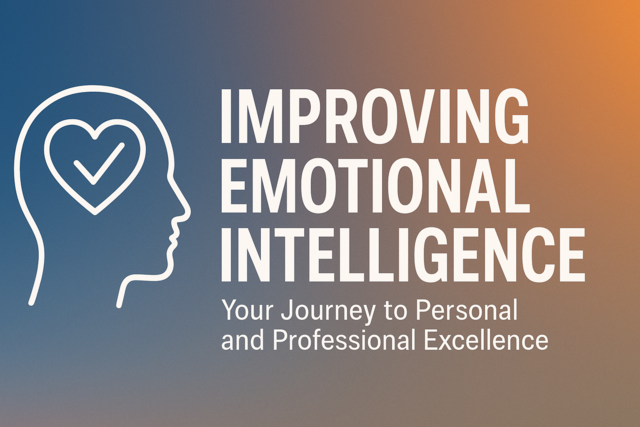 6 hours
0.6 CEUs
Improving Emotional Intelligence
+ More Info
6 hours
0.6 CEUs
Improving Emotional Intelligence
+ More Info
-
 4 hours
0.4 CEUs
Designing Experiential Learning Opportunities
+ More Info
4 hours
0.4 CEUs
Designing Experiential Learning Opportunities
+ More Info
-
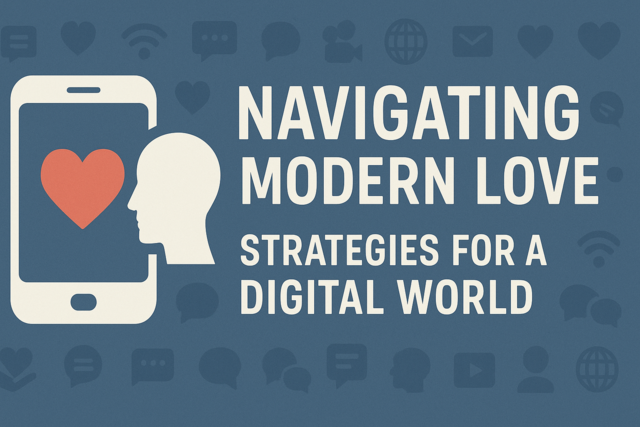 6 hours
0.6 CEUs
Navigating Modern Love: Strategies for a Digital World
+ More Info
6 hours
0.6 CEUs
Navigating Modern Love: Strategies for a Digital World
+ More Info
-
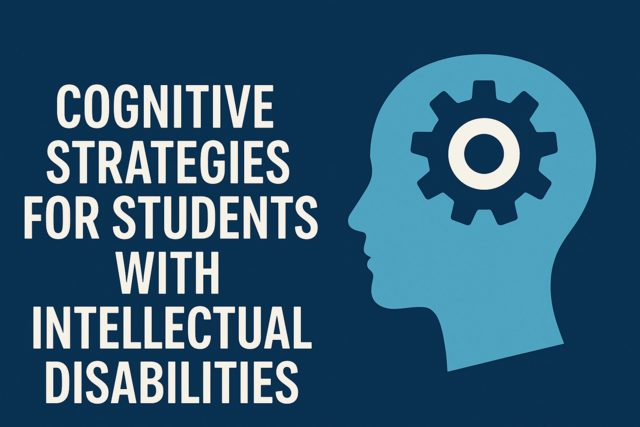 7 hours
0.7 CEUs
Cognitive Strategies for Students with Intellectual Disabilities
+ More Info
7 hours
0.7 CEUs
Cognitive Strategies for Students with Intellectual Disabilities
+ More Info
-
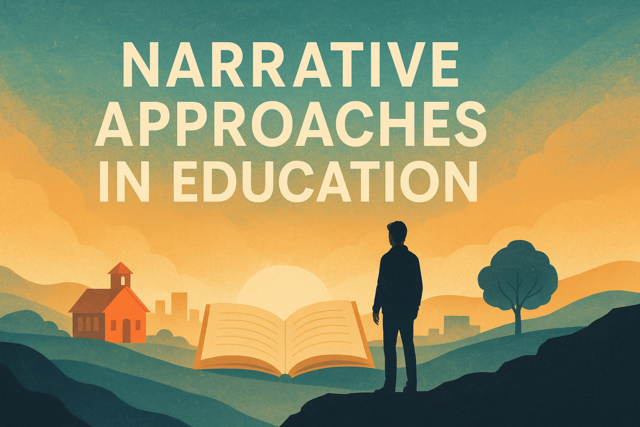 6 hours
0.6 CEUs
Narrative Approaches in Education
+ More Info
6 hours
0.6 CEUs
Narrative Approaches in Education
+ More Info
-
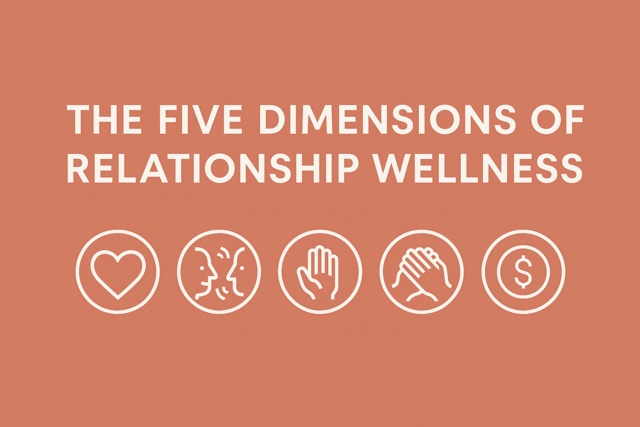 7 hours
0.7 CEUs
The Five Dimensions of Relationship Wellness
+ More Info
7 hours
0.7 CEUs
The Five Dimensions of Relationship Wellness
+ More Info
-
 7 hours
0.7 CEUs
Assistive Technology for Vision and Hearing Impairments
+ More Info
7 hours
0.7 CEUs
Assistive Technology for Vision and Hearing Impairments
+ More Info
-
 6 hours
0.6 CEUs
Developing Strategic Thinking Skills
+ More Info
6 hours
0.6 CEUs
Developing Strategic Thinking Skills
+ More Info



